Did visiting his house change my opinion of him? Read on.
Who was Oliver Cromwell (b 25 April 1599 – d 3 September 1658)?
Oliver Cromwell was a devoutly puritanical, gentrified man who rose from being a farmer to being a Member of Parliament and ultimately leader of the English Republican Parliament after the English had King Charles 1st beheaded.
In my opinion, Cromwell was a hypocrite who became a ridiculous parody, a caricature of everything he despised - an anti-monarchist and Puritan who went on to become King in all but name and drank beer and smoked a pipe at home.
I was very reluctant out of principle to visit his house but out of interest and in the need for balancing opinion, I went along. The house is still standing, beautifully preserved in Ely Cambridgeshire, a charming old house dating back to the 1500's.
It was certainly a family home and had Cromwell restored the celebration of Christ-tide
(Christmas) which had been banned in England in 17th Century then I think his children would have enjoyed it.
Let's take a look at Cromwell and then his house.
The photos are my own as ever.


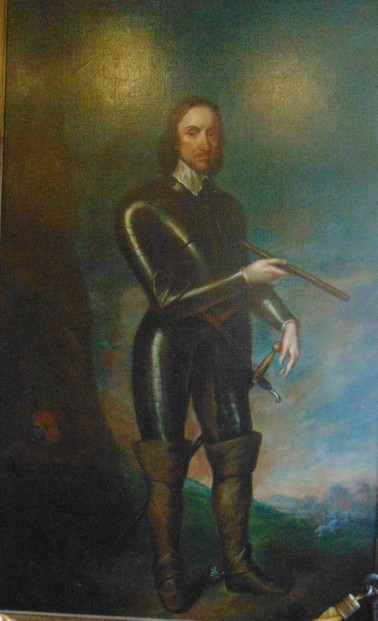
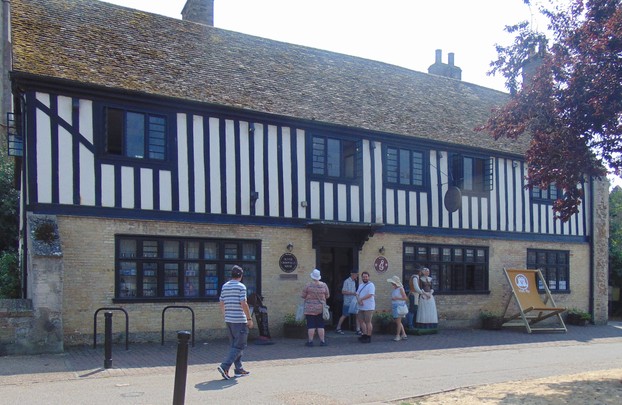
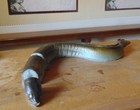

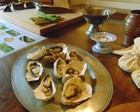
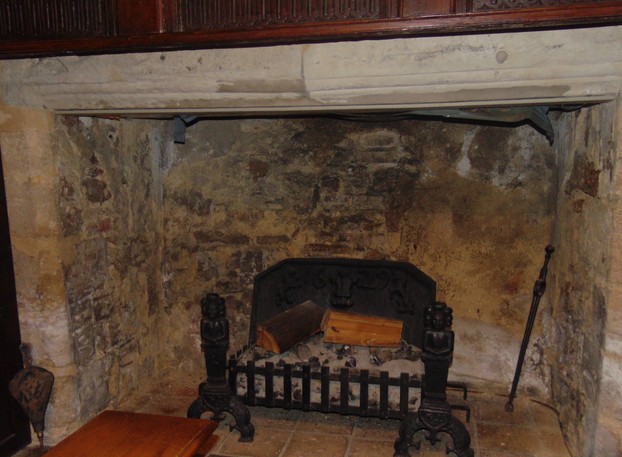
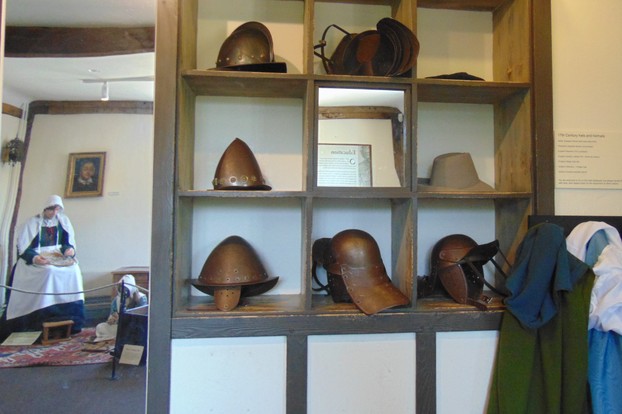
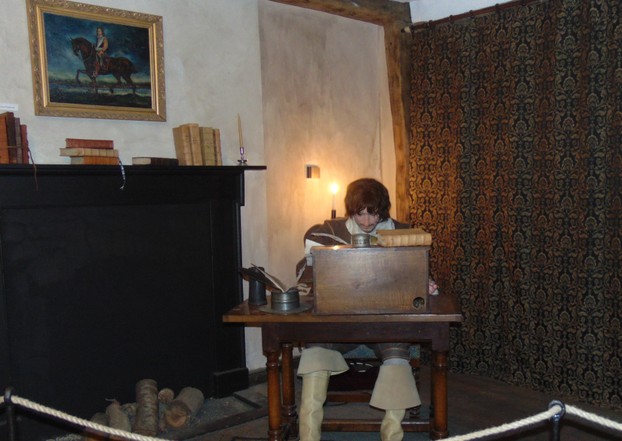
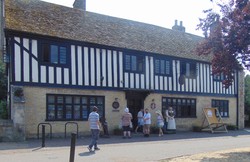

 Blarney Castle and Gardens, County Corkon 06/01/2023
Blarney Castle and Gardens, County Corkon 06/01/2023
 An Cóbh, Corcaigh, Eireon 05/29/2023
An Cóbh, Corcaigh, Eireon 05/29/2023
 Dublin ; The Book of Kellson 04/04/2023
Dublin ; The Book of Kellson 04/04/2023
 The Bee Tree Community CIC;- an online support communityon 08/24/2022
The Bee Tree Community CIC;- an online support communityon 08/24/2022
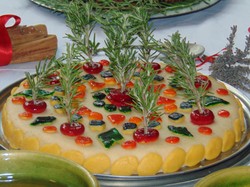
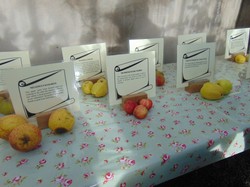
Comments
Correct spelling only became important in Britain during the last century.
Given that the population of England was tiny at this time and most people were very poor peasants, it is unlikely that there would have been more than one titled and gentrified family in the same vicinity. They would be related and therefore, I suggest that you are indeed a collateral descendant of the tyrant Oliver Cromwell.
How good is that!
Look at a map of the old English counties, which will show that Nottinghamshire, Lincolnshire, Huntingdonshire,Norfolk and Northamptonshire are all in the same vicinity. So movement between these places would have been easy.Sometimes these are known as ceremonial counties to distinguish them from the modern administrative counties. For example, Veronica and I dwell in the administrative county of Greater Manchester,but she dwells in the ceremonial county of Cheshire, while I dwell in Lancashire, as I am north of the river Mersey,whereas she is not.
The first recorded Cromwell was a lord of the manor of the manor of Cromwell. According to English rules he would not have been entitled to call himself lord, and he belonged to what we know as gentry rather than aristocracy, who were one step above the gentry.
Don't be too concerned with exactitude in spelling in mediaeval English.
Lady Margaret Cromwell was indeed from Notinghamshire, which could be an ld spelling, and she married Sir william Smyth, died in Lincolnshire, and held title of High Sheriff. I can trace back several generations.
Oliver Cromwell was born in Huntingdonshire. Huntingdon is only about 40 miles from Northampton and two different titled families called Cromwell in the same locality is unlikely.
As far as I am aware, Oliver Cromwell's grandfather was named Williams and took his wife's surname Cromwell, upon marriage to preserve the wealthy surname. I consider that Oliver is probably your co-lateral ancestor but not direct.
What a fascinating line you have. Your genealogy would make an interesting page.
No historian has ever doubted Cromwell's sanity, as far as I know.
I have looked up Lady Margaret Cromwell and found that she came from Northamptonshire. This is a county not far distant from the county of Norfolk, where Cromwell lived. Movement from Northampton to Norfolk would only have meant crossing Lincolnshire, which is not hard, so you may be a distant relative of Oliver, though as you say, not by direct descent.
The surname Cromwell originates in Nottinghamshire,which is a bit further east than Northamptonshire, but not very much further. The village of Cromwell is in Nottinghamshire.
The study of history must include those things that make us uncomfortable. We must understand the whole. In past years members of our faculty visited Austria, and several found themselves visiting the Eagle's Nest, a retreat belonging to Hitler. I could make an argument Crumwell was worse, since it is quite possible Hitler was insane. But could Crumwell also have been?
I have seen the name Cromwell in my ancestry tree, but not Oliver. The latest Cromwell I have as an ancestor is Lady Margaret Cromwell who died in 1467. Alas, I regard Oliver as besmirching the name Cromwell. I have a connection to an even more infamous person, also mentioned here. I descend from a father-in-law, and there were many, of Henry VIII. We cannot choose history, not our connections to it.
You have given me an idea for an article. Thanks.
What is left over from harvest is straw, but rushes are a different kind of plant. Straw is the remnant of wheat; rushes are water plants related to reeds and still grow in the watery channels in the fens known as the Broads. Both rushes and straw were used. There can also be barley straw, but it is not produced in that region. Wheat is from the genus Triticus; rushes are from the genus Juncus.
The rushes left over from the harvest were used in thatch. Nothing was wasted.
That's good information about the word "Fens " - "marsh ". I think it is very localised to Eastern England and therefore little known in our international community here on Wizzley.